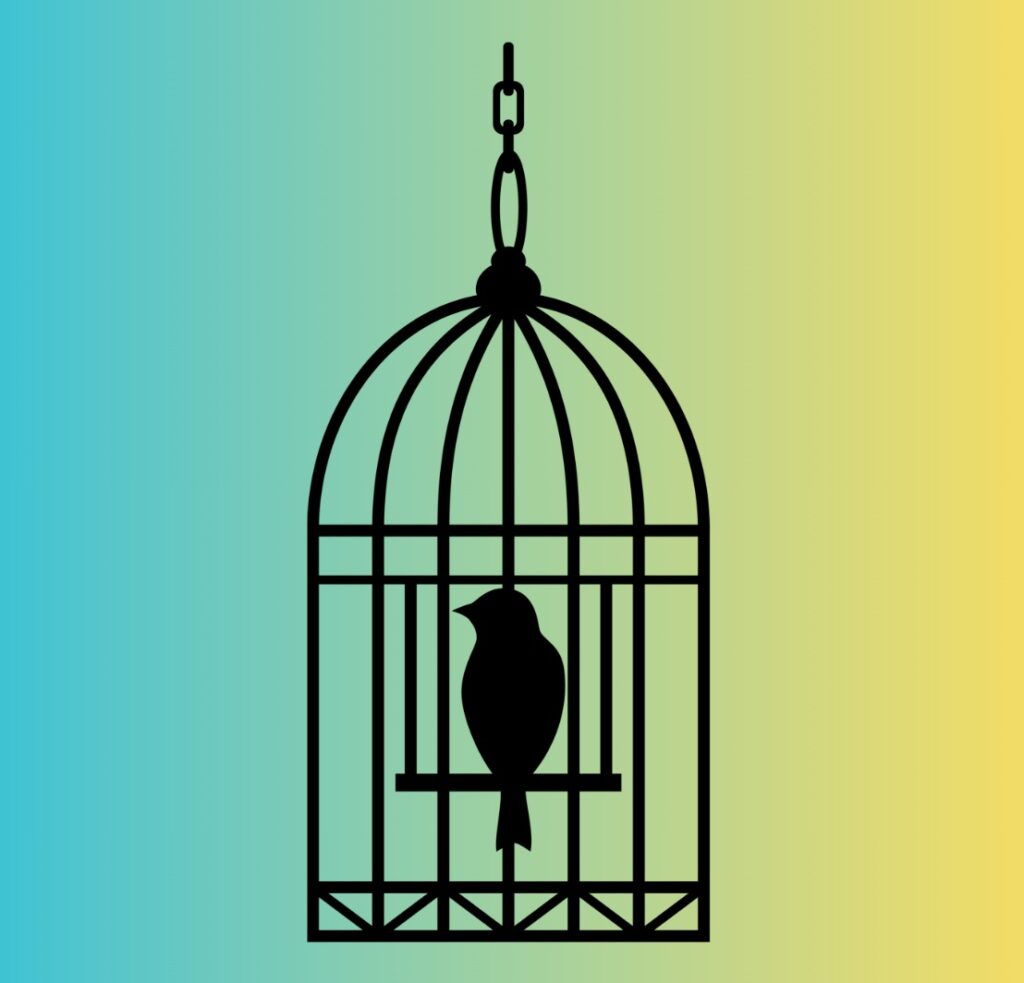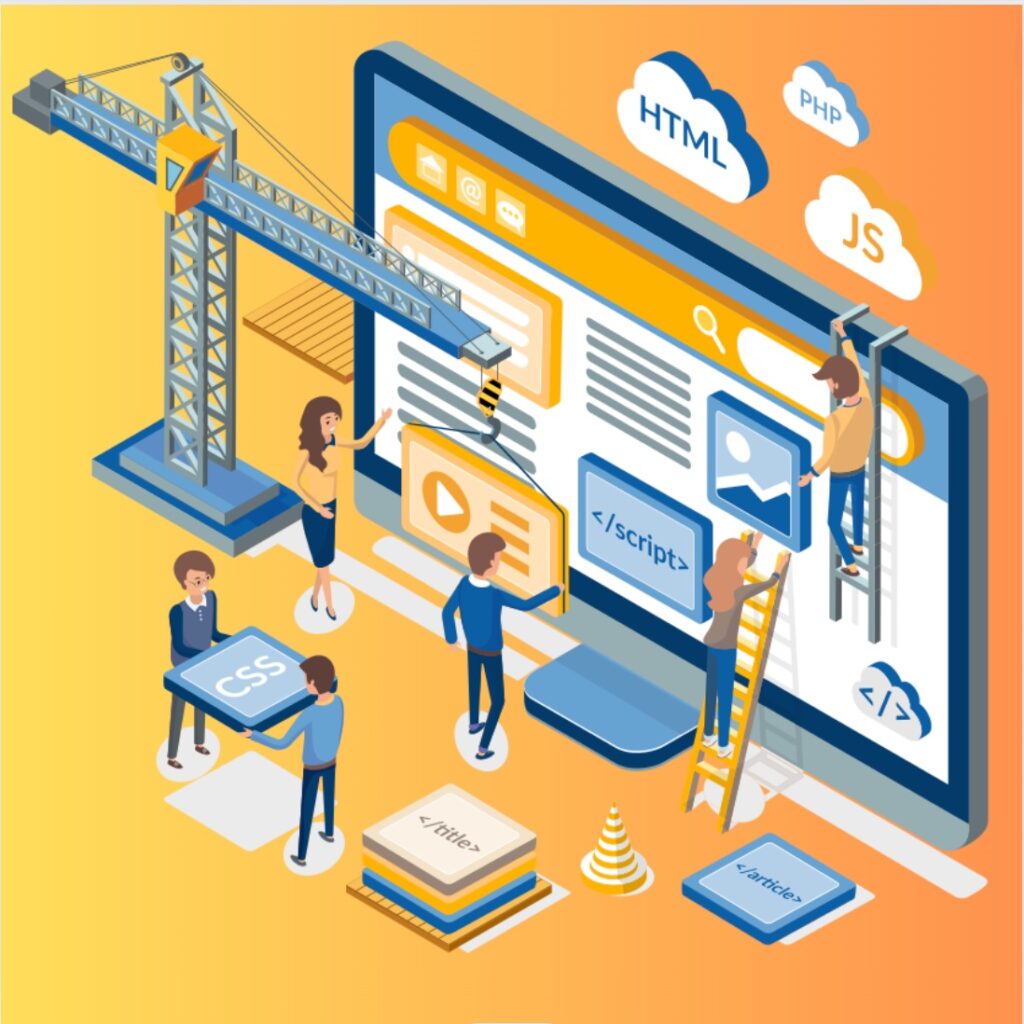This is an account written by an Afghan colleague, with grammar and spelling corrected by me. She was able to flee Afghanistan and now lives in an English-speaking country as a legal refugee. This account is regarding what life is like for her sister back in Kabul, Afghanistan:
When I lived in Afghanistan, I lived with my adult, unmarried sister and my widowed mother, without a male family member, in Kabul. My nieces also frequently stayed with us and I, an unmarried woman, was the head of the household. My brothers lived with their families in Kabul, but across the city from us, and we did not rely on them for shopping or for money. Because of my job, the job of my sister, and a small inheritance from my father, we could all live together, even sometimes travel together, in relative peace and prosperity.
I worked for the Afghan government, as did my sister. We are both university educated. She and I could go to and from work on our own, but when we left the house for appointments, shopping and other tasks, or to walk in a nearby park or to visit relatives, we were accompanied by each other or my mother. This was accepted by society in Kabul before the Taliban.
In the chaos of the Taliban takeover, I was able to flee Afghanistan along with my nieces and my mother. We were able to flee to a country where I had studied many years ago, and we now have asylum here. My nieces, then all under 18, now live in safety. But I had to leave my sister behind, as the government of the country where I live now was unsure if they could count her as my immediate family, and she insisted we go without her and not delay.
After we fled Afghanistan, my sister immediately lost her job, as all women working for the government did, per the orders of the Taliban. She immediately lost her right to go to appointments or shopping for food alone or even with just another female family member – it had to be with a male family member. And she was immediately living by herself. Her male relatives, my brothers, do not live immediately close to her. I am sorry to say our brothers are not helpful to her as they should be, for many reasons: one brother is busy trying to provide for his family, to feed his young sons and ensure their safety. Another brother is dealing with a great deal of drama with a former wife and former in-laws, who are threatening his well-being. Both of my brothers are reluctant to accompany my sister in public, both because they do not see it as a priority and because she has a speech impediment, and in my culture, people with disabilities are not treated well on the streets, with many people openly mocking such people, and my brothers do not know how to deal with such disrespect and mocking (my mother was treated with great respect and no one would mock my sister when she was present).
My sister is an educated, professional woman. She graduated from Kabul University with a Bachelor of Science and she loved her job with the Afghan Ministry she was a part of, working in a small department where she felt her work was very important – I cannot say much about her work for fear she could be identified. She never had health problems, other than her speech impediment, in all of our years together. All of that has changed now.
Her work and life puts her in danger with the Taliban: she is unmarried, she lives alone, she is university educated, she worked for the government, she worked for a program funded by foreign governments that Taliban sees as the enemy, and she has studied and worked alongside men that are not her family members. She sometimes even worked directly with foreigners who represented the US and Canadian funders of her work.
I try to talk to her every day on WhatsApp. I am in great fear for her. I am afraid I will die before I ever see her again.
My sister is now solely reliant on just a few trusted people bringing her food, and doing it in a way that neighbors never see her. She cannot go to doctor’s appointments. She will go days with no interaction with any other human being. The Taliban are targeting Shia Muslims and people of Tajik ethnicity with oppression and physical violence – this is what my family is. My sister’s neighbors support the Taliban and are of a different ethnicity than us, and while they know there is someone in the apartment where my sister is, they are not entirely sure which family members are still there. She lives in constant fear of her neighbors. We believe that if they knew she was there, alone, they would inform on her, to garner favor from the Taliban, and the Taliban would take over the apartment and turn my sister out to beg on the streets, or perhaps decide she has broken their law and punish her physically and put her in prison. She is now, in many ways, in a prison, as she cannot leave her home or even be seen by neighbors. The isolation, lack of human interaction, stress, lack of physical exercise, lack of exposure to the outdoors and lack of regular nutrition are causing her to experience intense headaches. She has recently informed me that she has fainted at least twice and is unsure how long she was unconscious.
And I know she’s not the only one. I know there are more women in her situation – and much worse.
I have filed all of the paperwork with the government where I live for my sister to join me, my mother and my sisters here. I have gone to public meetings with national officials to try to meet them in-person and petition them to help bring my sister here. It’s been almost three years since we fled. I wonder if she will die before her case is even decided, and I fear what a rejection will drive her to do.
It is impossible to find comfort in this land of safety when I know what my sister experiences in Afghanistan. And I know that even in this dire state, she is in a more advantageous position than so many other women, than most women, in the country, at least for now.
I am now at loss of what to do, other than pray.
And I am at a loss of how to help my friend.



